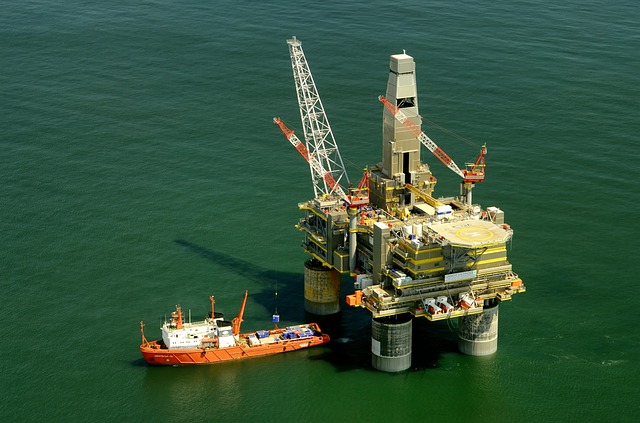Working on oil platforms is an experience that can be very rewarding and at the same time dangerous.
If you work in this field, you know that during the days you are on the job, several intercurrences in the work environment can happen.
That’s why we’ve prepared 7 basic Work Safety tips that can save your life and the lives of your colleagues on offshore oil rigs.
Proper use of PPE:
We know that the use of PPE (Personal Protective Equipment) is a duty of every professional. Therefore, you must use your own equipment on a daily basis and advise your colleagues to use it.
It is also important to keep in mind that whenever you pass through the industrial area, choose to transit through the escape route wearing full PPE.
The basic PPE used on oil platforms consists of:
- safety glasses;
- hearing protection; a helmet with chinstrap;
- gloves.
- boots;
As there are different types of professionals and activities performed on the same oil platform, it is important to remember that there is adequate PPE for each function and that it is strictly important to use it.
Know the PPE used by the Radioprotection Supervisor of a vessel
Protective equipment such as face shields, life jackets, safety belts, and immersion suits, among others, is still used on oil platforms. For Training and Course Consult here
It all depends on which area you operate in, whether drilling, exploration or maintenance and services.
In addition to PPE, oil production requires care to minimize the risk of accidents. With specific measures, we can guarantee the health and safety of workers on board.
Putting out fires:
The risks for those who work on board are the most varied, but one of them is the most obvious: fire. After all, work in the petrochemical industry involves highly flammable materials.
The aggravating factor is that the fires or explosions we are going to deal with will not happen on dry land but on the high seas.
Therefore, the crew must be prepared to fight fires without the external help of specialized support bodies.
Therefore, the best way to put out a fire is to adopt preventive measures.
This is the only way to avoid fires that can cause many deaths and the total loss of the installation where you work.
In addition, it is essential to pay attention to the first golden tip mentioned: shutdowns, the periodic stops made at the facilities for the purpose of decontamination and safety, prevent the accumulation of materials in the production lines.
The big problem is that few people give the necessary value to shutdowns. After all, without them, there is a great danger of exposure and contamination by naturally occurring radioactive materials.
Attention to Radioprotection:
Radiological hazards are commonly overlooked in the offshore industry.
We even previously made a post warning about the risks of exposure to radiation on offshore vessels.
After all, strict work safety practices must be adopted in all areas where NORM is present since the objective must always be to ensure that no IOE receives a dose of ionizing radiation in excess of the admissible limit for any member of the general public. .
In addition, the use of foreign and/or outsourced radiometric instruments requires attention in the daily life of the platforms.
Therefore, prioritizing Radioprotection in the daily life of the oil and gas industry is a fundamental tip.

